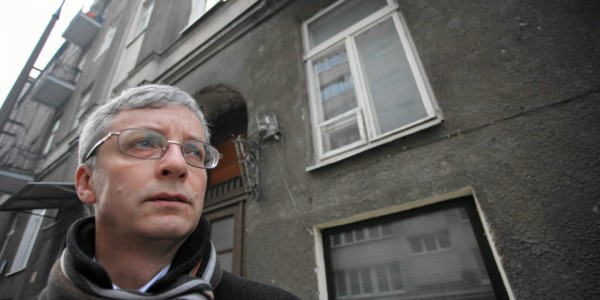
Na stronie od 2018-12-26
Państwowa propaganda o Zagładzie Żydów
Podsumowanie roku 2018 "Sen o Bezgrzesznej..."
Prof. Jacek Leociak: Oko.pres,

Na stronie od 2018-12-26
Podsumowanie roku 2018 "Sen o Bezgrzesznej..."
Prof. Jacek Leociak: Oko.pres,
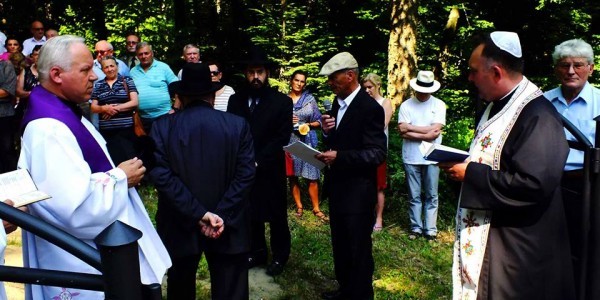
Na stronie od 2018-12-26
Nagroda im. ks. Romana Indrzejczyka za rok 2018 . Polska Rada Chrześcijan i Żydów Warszawa,
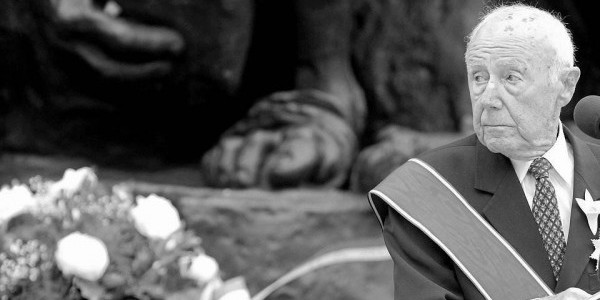
Na stronie od 2018-12-23
Odszedł ostatni świadek Bohater powstania w warszawskim getcie. Jerozolima, 22 grudnia 2018
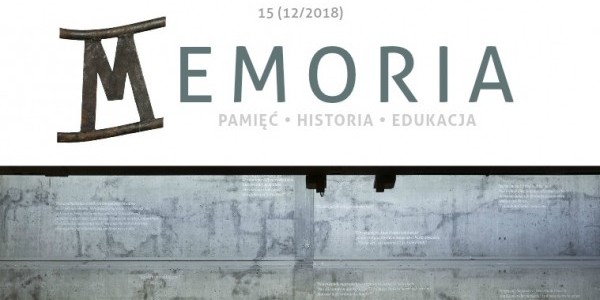
Na stronie od 2018-12-22
Miesięcznik „Memoria” Muzeum Auschwitz, .
Czytaj online: Memoria [PL] Nr. 15 (12/2018) Memoria [EN] Nr. 15 (12/2018)
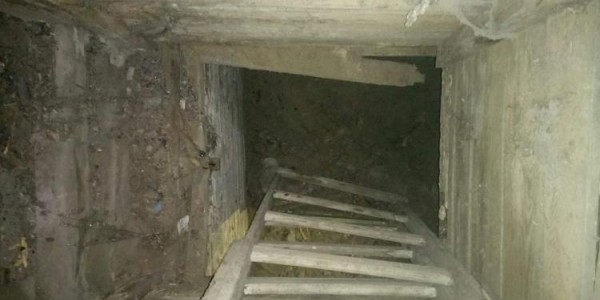
Na stronie od 2018-12-21
Wykonaną z cegieł, głęboką na 135 cm skrytkę pod posadzką stodoły odkryto przypadkowo podczas prac porządkowych wz. z budową autostrady w Otwocku pod Warszawą. Sabina i Aleksander Smolakowie ukrywali tam podczas wojny Żyda Moshe Bajtla. Elementy skrytki trafią do Muzeum Historii Polski.
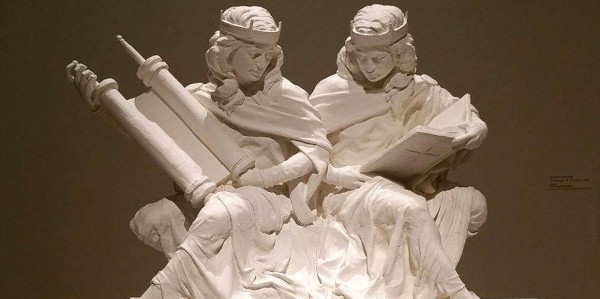
Na stronie od 2018-12-20
Nie przychodzę, żeby zatracać
Kościół katolicki w Polsce,
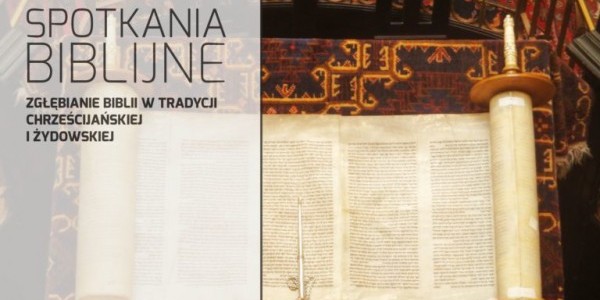
Na stronie od 2018-12-19
Dwa razy w miesiącu, w czasie roku akademickiego, studiujemy teksty biblijne przypadające na liturgię najbliższej niedzieli.
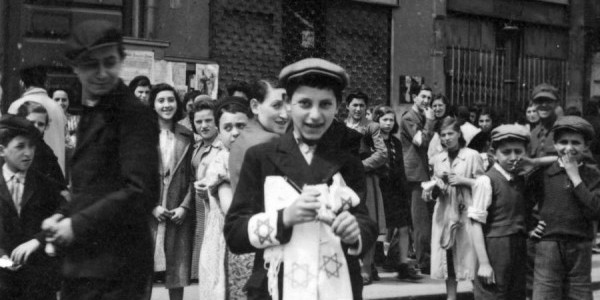
Na stronie od 2018-12-18
Tomasz Żukowski: [Rozmowa]
Anna Sobańda: Z Pana książki wynika, że polska kultura od dawna stoi na straży dobrego imienia, a może raczej dobrego samopoczucia Polaków
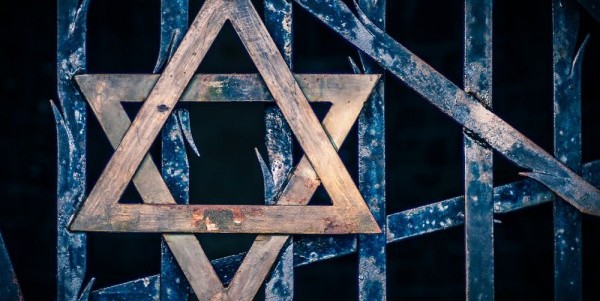
Na stronie od 2018-12-18
Jeden na pięciu Żydów z Unii Europejskiej ma w rodzinie bliskich, którzy w ciągu ostatniego roku stali się ofiarą obraźliwych komentarzy, napaści słownej lub przemocy fizycznej z powodu swojej tożsamości – wynika z raportu Unijnej Agencji Praw Podstawowych.
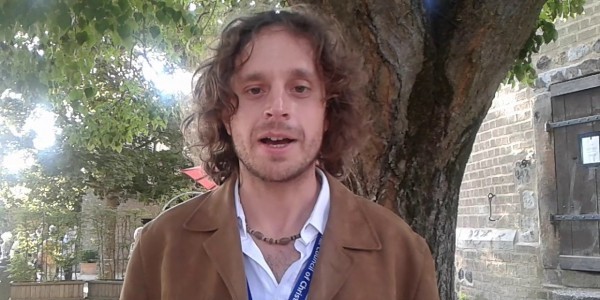
Na stronie od 2018-12-12
Pavol Bargar, wiceprzewodniczący ICCJ. "A meditation for the Chanukkah days and the Advent season"
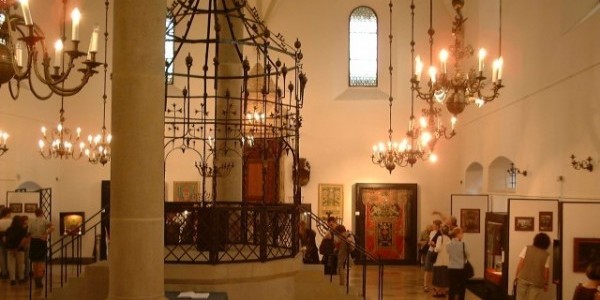
Na stronie od 2018-12-12
12 XII 2018. "Synagoga - dyskusja z cyklu Żydowskie ABC" - Muzeum POLIN, 18:00.
"Co możemy zobaczyć i usłyszeć w synagodze? Jaką rolę pełniła i pełni synagoga w żydowskich wspólnotach religijnych?."
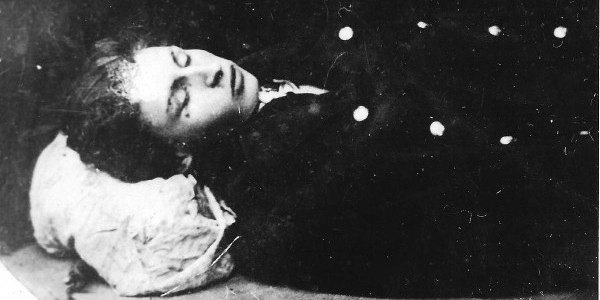
Na stronie od 2018-12-12
12 XII 2018.Uroczyste odsłonięcie tablicy poświęconej Michałowi Landemu.14:30 przy Krakowskim Przedmieściu 89 w Warszawie. W uroczystościach wezmą udział członkowie rodziny Michała Landego, przedstawiciele MKiDN, Społecznego Komitetu im. Michała Landego oraz Żydowskiego Instytutu Historycznego.
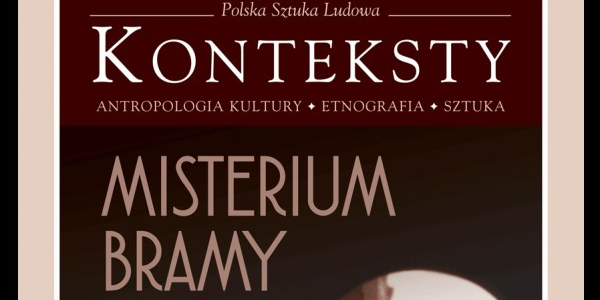
Na stronie od 2018-12-12
"Misterium Bramy. Antropologia pamięci" - Warszawa, Muzeum POLIN.Spotkanie z twórcami i bohaterami monograficznego numeru czasopisma "Konteksty" (2017 / nr 3) poświęconego działaniom Ośrodka "Brama Grodzka - Teatr NN" w Lublinie. W spotkaniu udział wezmą: Tomasz Pietrasiewicz, Zbigniew Benedyktowicz, Paweł Próchniak, prowadzenie: Paweł Krysiak i Joanna Zętar.
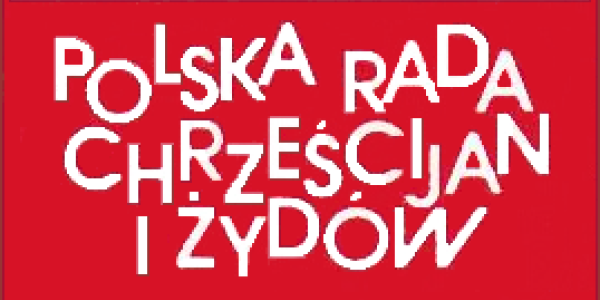
Na stronie od 2018-12-04
Polska Rada Chrześcijan i Żydów wyjaśnia, dlaczego nie podejmie "debaty naukowej" z ks. Tadeuszem Guzem.
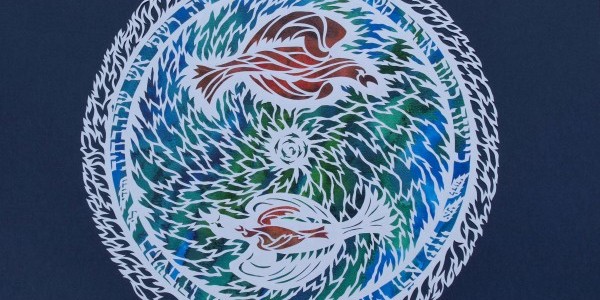
Na stronie od 2018-12-03
"Wysławiać będę Ciebie, Panie, żeś podniósł mnie, a nie dałeś moim wrogom triumfować nade mną" (Ps 30, tłum. Czesław Miłosz).